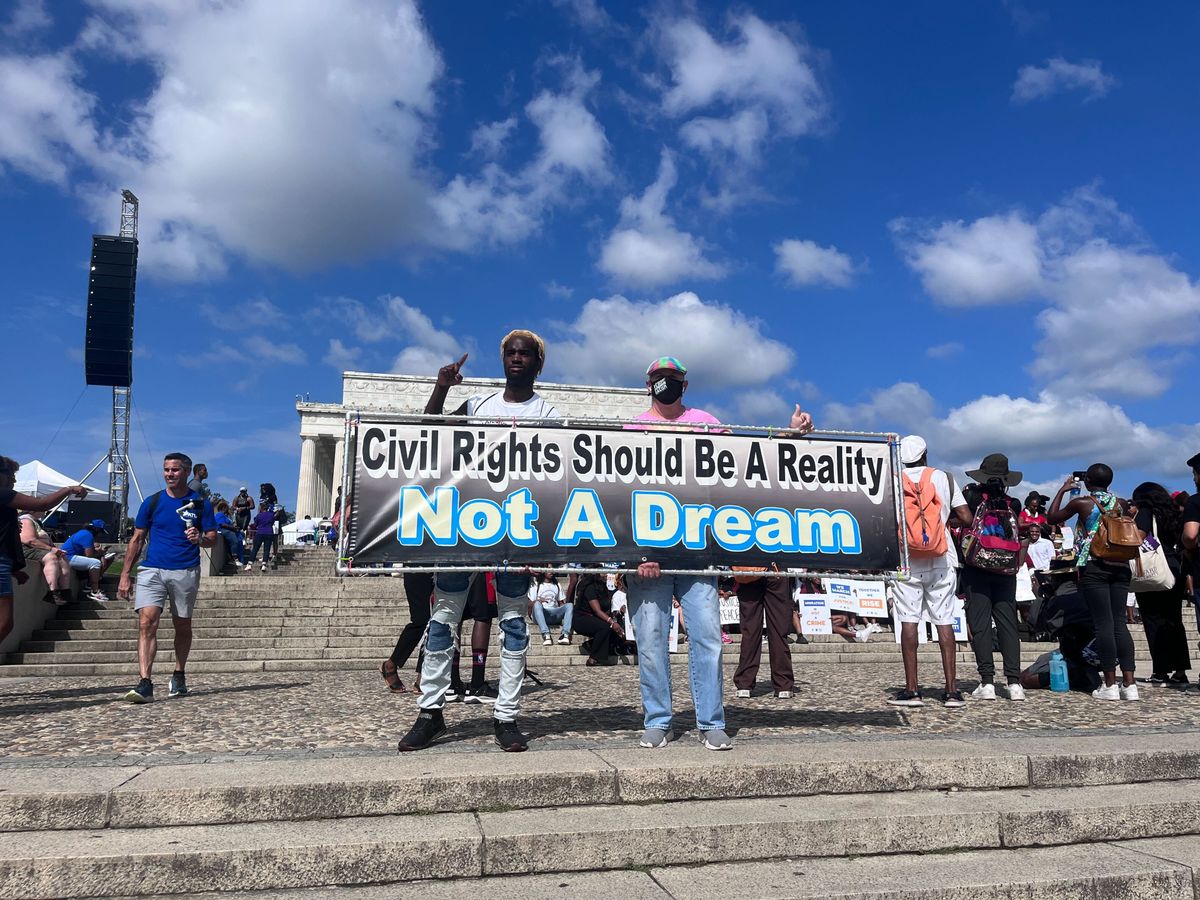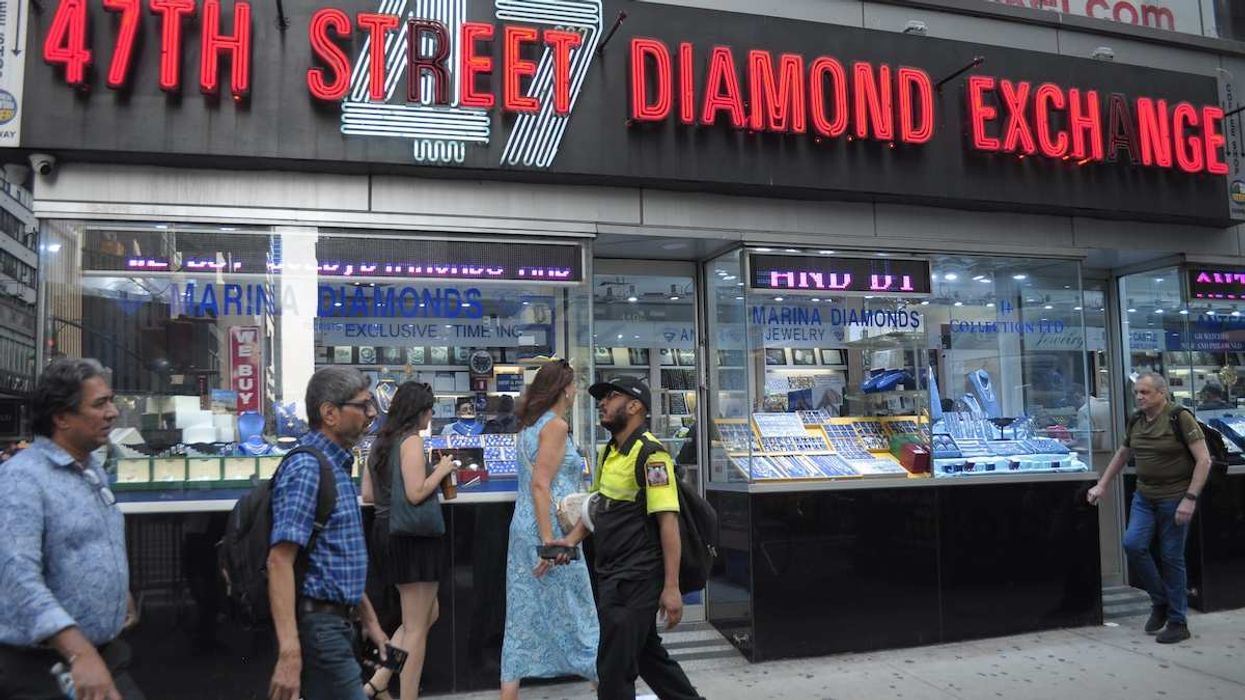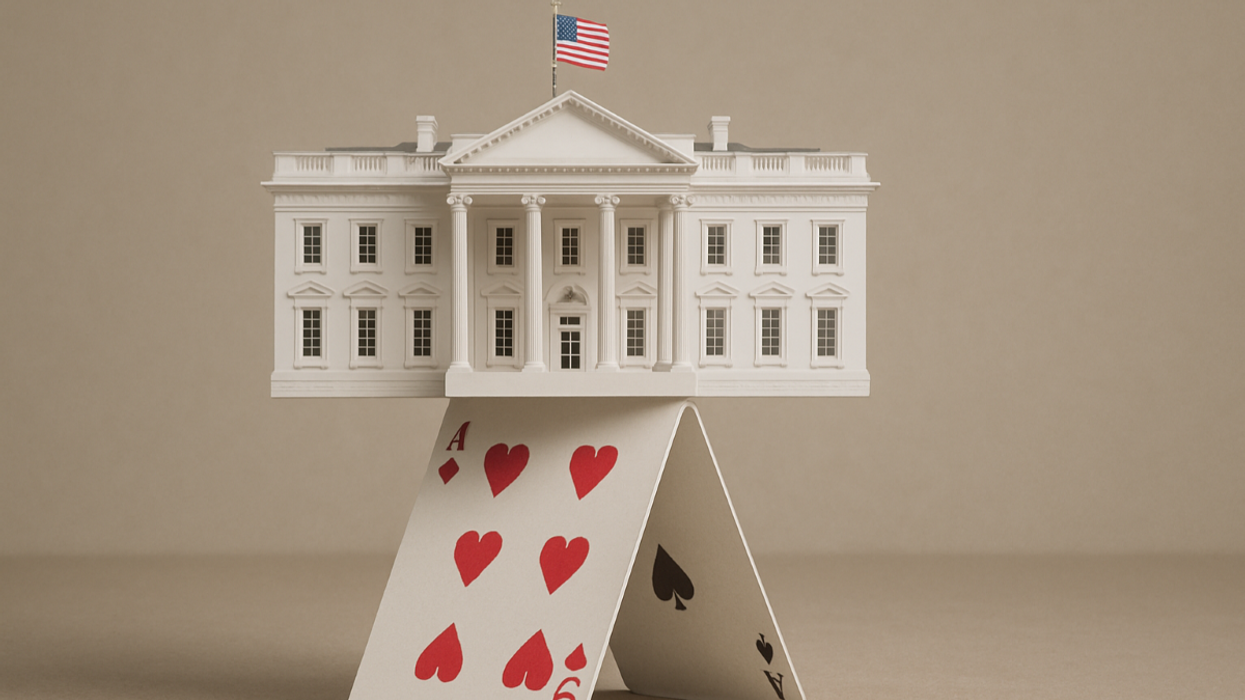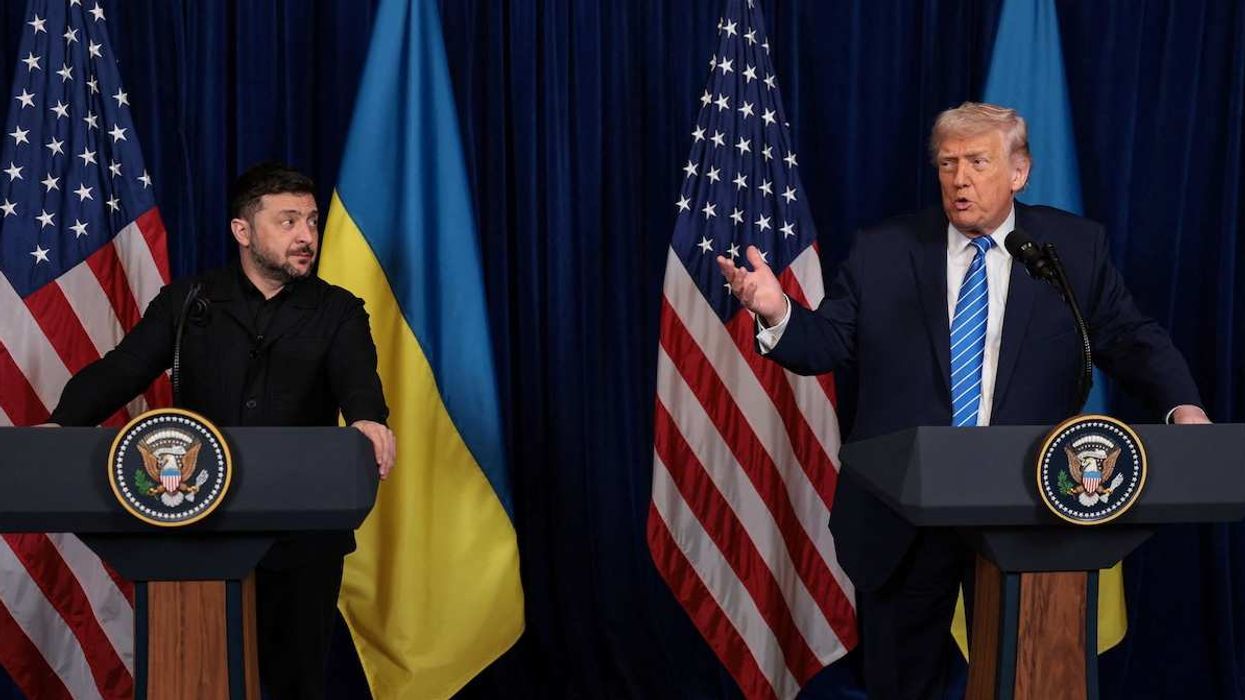Sixty years ago on Monday, over a quarter of a million people gathered in Washington, DC, for the March on Washington for Jobs and Freedom. Standing on the steps of the Lincoln Memorial, a century after the Emancipation Proclamation was signed, Rev. Martin Luther King Jr. gave his famous “I Have a Dream Speech,” galvanizing supporters of the Civil Rights Movement.
The march was initially conceived 20 years prior by labor leader Philip Randolph when African Americans were excluded from the job creation programs under President Franklin D. Roosevelt’s New Deal. By the late 1950s, with the Civil Rights Act stalled in Congress, Dr. King and his Southern Christian Leadership Conference were also planning to march on Washington for freedom.
Together, they planned a march to capitalize on the growing grassroots support and outrage over racial inequality in the US. The massive turnout, in conjunction with a decade of other peaceful protests for civil rights, convinced President Lyndon B. Johnson to sign the Civil Rights Act into law in 1964. The following year, he signed the National Voting Rights Act of 1965. Together, these bills outlawed discrimination against people of color and women, effectively ended segregation, and made discriminatory voting practices illegal.
This weekend, thousands gathered in Washington to commemorate the march’s 60th anniversary. The day was filled with speeches from civil rights leaders and activists reminding the nation of its unfinished work on equality. I attended and was struck by how intergenerational but connected the crowd was – alumni of HBCUs were embraced by current students, and older members of Black fraternities and sororities reminisced with new members. Like an echo, the words “go vote” were exchanged in lieu of “goodbye.”
Yolanda King, Dr. King’s 15-year-old granddaughter, told the crowd, “If I could speak to my grandfather today, I would say, I’m sorry we still have to be here to rededicate ourselves to finishing your work and ultimately realizing your dream,” she said. “Today, racism is still with us. Poverty is still with us. And now, gun violence has come for places of worship, our schools, and our shopping centers.”
Leaders of other social movements also gave speeches, from Parkland survivor and March for Our Lives founder David Hogg, to Planned Parenthood CEO Alexis McGill Johnson. In the aftermath of the Supreme Court overturning Affirmative Action and Roe v. Wade, all of the speakers warned that the progress of the civil rights movement could be reversed.
“We’ve come a long way in the 60 years since MLK stood on those steps, " said Albert Williams, a civil rights activist who attended Saturday’s march and the original in 1963, “but black communities throughout the world are still in a state of emergency today.”
GZERO reporter Riley Callanan was on hand this weekend for the commemorative march in Washington, DC.



















